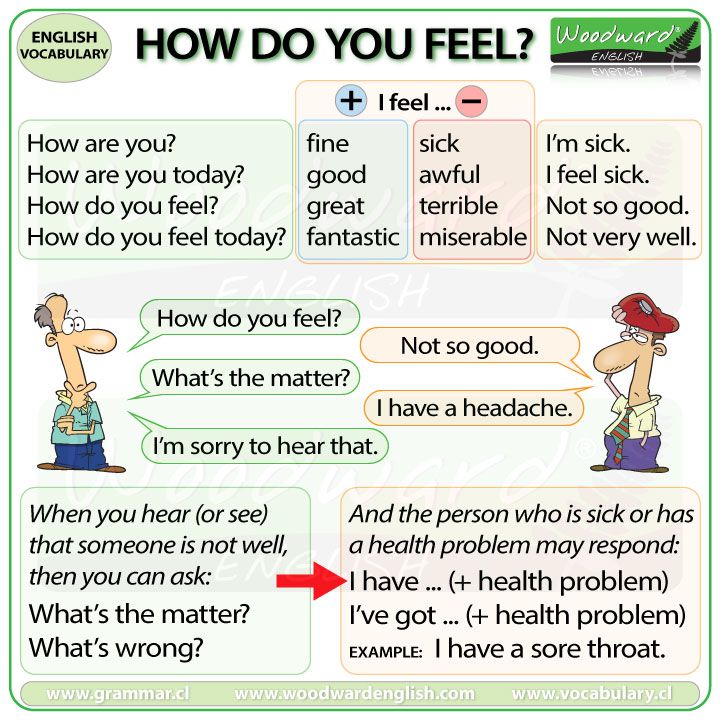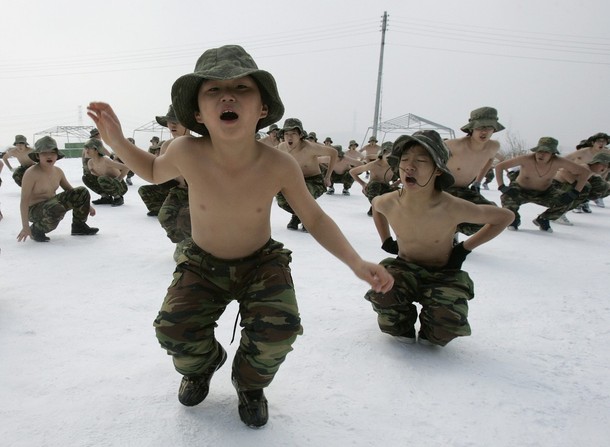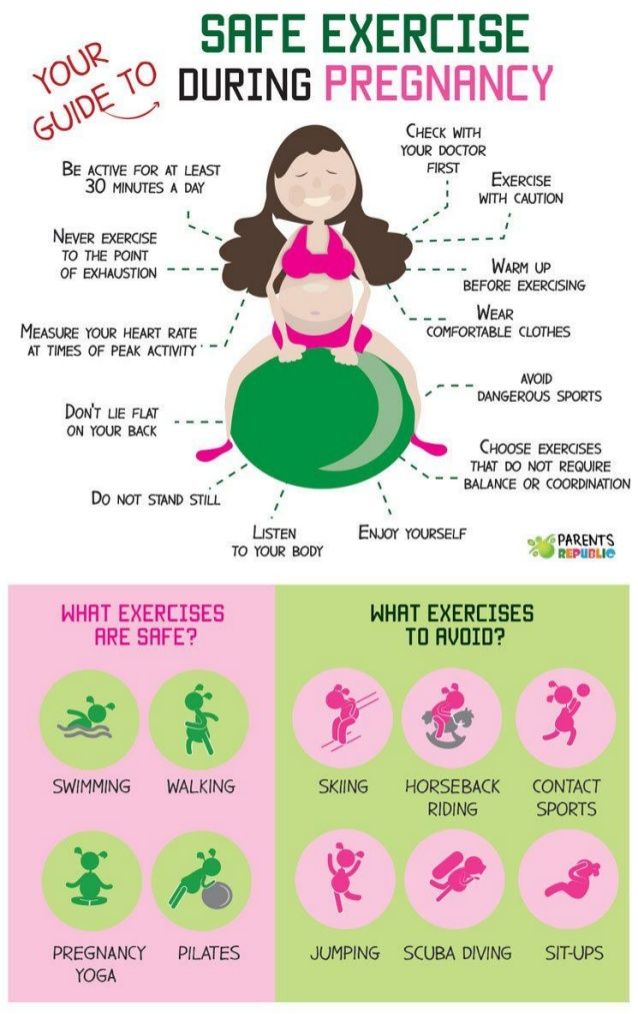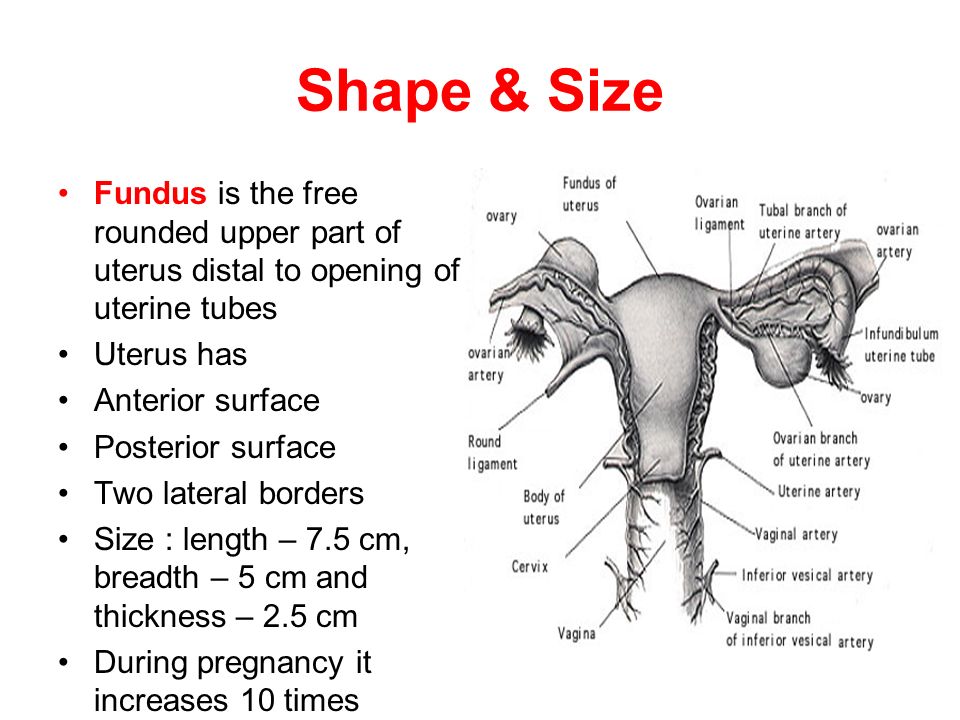How to comfort a child after surgery
Caring for You Child at Home After Surgery
Caring for your child after surgery is a serious task. It is important to follow all of the instructions given to you by your child’s healthcare team. This page, created by the Family Teaching Program at The Bristol-Myers Squibb Children's Hospital, is designed to help guide you in that care, but should not replace your child’s physician discharge instructions.
Whether your child is admitted to the hospital or sent home depends on the type of procedure they have had and whether their medical condition needs further monitoring. That decision is made by your child’s surgeon and anesthesiologist.
If the plan is for your child is to go home after surgery, they will be discharged once they recover. The amount of time spent in the recovery room is different for all children, and can be anywhere from one to three hours or sometimes more.
Before your child is able to go home, the healthcare team will make sure that they:
- Are fully awake
- Have normal vital signs — heart rate, breathing, temperature and blood pressure
- Can drink some liquids without becoming nauseated or vomiting
- Are managing pain and feel comfortable enough to go home
When it is time to go home, your child’s nurse will give you a sheet of written instructions with specific information about how to care for your child at home. Make sure you understand:
- Signs and symptoms of possible complications from your child’s surgery, and whom you should call if needed
- Any medications your child may need, such as antibiotics or pain medications; make sure you have any prescriptions you need
- Any treatments you need to do, such as dressing changes, limb icing/elevating
- Any special equipment, bandages or supplies that may be needed
- Any activity restrictions your child may have, and the length of time these restrictions need to be followed
- When your child may have a bath or shower
- When they may return to school or day care
- When to return for a follow-up appointment
- How to contact your surgeon’s office in case you have any questions when you are home
It is very important that you follow all of the discharge instructions exactly as they are written, even if your child appears to be feeling better or seems ready to return to normal activities.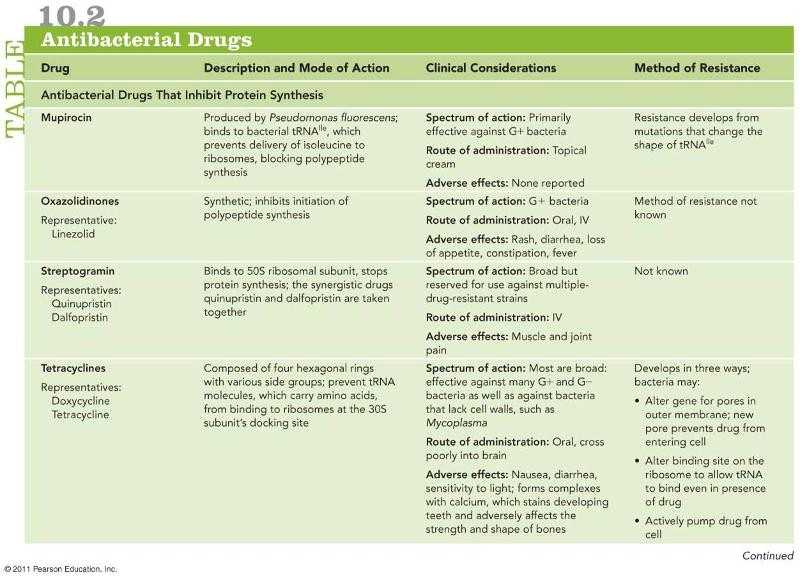
Activity
Your child’s sleep habits and napping patterns may be disrupted following surgery, and your child may sleep more than usual for the first 24 to 48 hours after being discharged. Your child will need plenty of rest after their procedure. Limit strenuous activities like biking, lifting and sports until after your child's follow-up appointment.
Create a quiet and restful environment and keep things simple by:
- Encouraging naps and periods of rest
- Offering quiet, restful activities like reading, board games/cards or watching movies
- Not overwhelming your child with guests
Anesthesia and pain medications can make your child feel off balance and unsteady on their feet. For the first 24 hours after surgery, and while your child is on prescribed pain medications, watch your child closely and make sure your child does not fall.
- Support them when they walk or crawl.
- Watch them around sharp corners or objects.
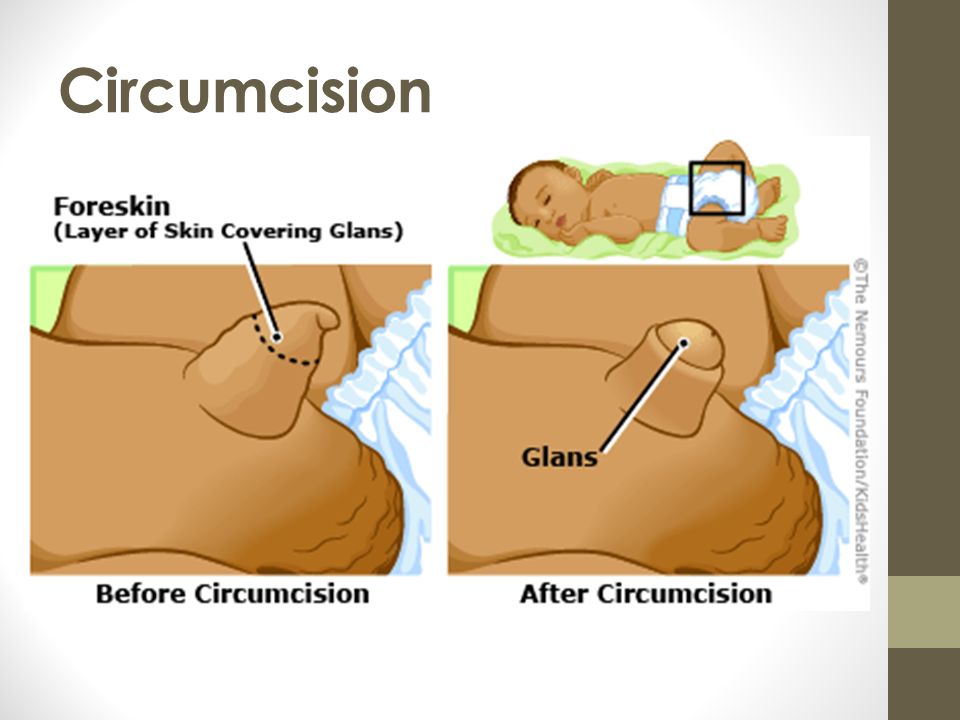
- Help them go up or down stairs.
Eating/Drinking
Your child’s stomach may feel sick, or they may have some vomiting which should improve after 24-48 hours. Have your child start eating and drinking slowly. Stick to clear liquids — such as water, ginger ale, apple juice and popsicles. As long as they don’t vomit, try a bland, light meal like soup, crackers or toast. When they are comfortable with those, then they can go back to eating their regular diet. It is not important to force your child to eat, but make sure you encourage fluids to keep them well hydrated.
Pain
Your child may have some pain, be irritable or run a low fever. Give medications as instructed. Medications may not take away your child’s pain completely, but should help make them as comfortable as possible. If you feel your child needs a stronger or different medication, contact their surgeon.
Behavior
Following surgery, your child may have trouble adjusting once they are home. They may behave differently, with problems like:
They may behave differently, with problems like:
- Sleep pattern changes
- Clingy behavior
- Eating changes
- Hyperactivity
- New fears — such as not wanting to sleep alone or needing a night light
- Acting younger —with regressive behaviors such as bed-wetting or thumb-sucking
Be assured, this behavior is temporary and normal. In a few days, they should be back to themselves. While you wait:
- Reassure your child that they are safe and well.
- Be patient and give them some time.
- Try to keep a normal routine to help them start to feel like themselves again.
Your Child's Recovery From Surgery
- Pediatrics
- Conditions & Services
- Pediatric Surgery
What to Expect Following Surgery
This information is designed to help family members learn about recovery from surgery at Comer Children's.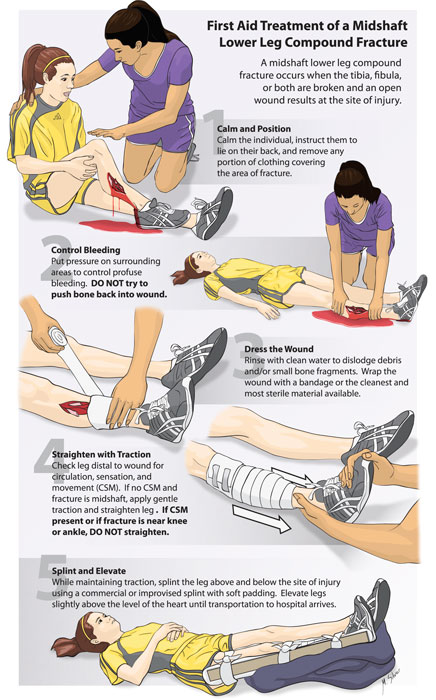 You will find information about how children and teenagers commonly react or behave following surgery and anesthesia. This information is general and is not specific to every child who has surgery. Talk to your doctor if you have specific questions.
You will find information about how children and teenagers commonly react or behave following surgery and anesthesia. This information is general and is not specific to every child who has surgery. Talk to your doctor if you have specific questions.
Waking Up After Surgery
- Most children or teenagers take anywhere from a few minutes to half an hour to wake up after surgery. Time varies from patient to patient. Your child will probably be sleepy the first time you see him or her.
- Waking up from anesthesia may bring about confusing feelings, especially for younger children. It is common for young children to be crying after surgery, and they may not respond immediately to efforts to comfort them.
- Sometimes surgery patients have an upset stomach or feel dizzy following anesthesia. These feelings will pass with time.
- Children may complain of a sore throat following surgery.
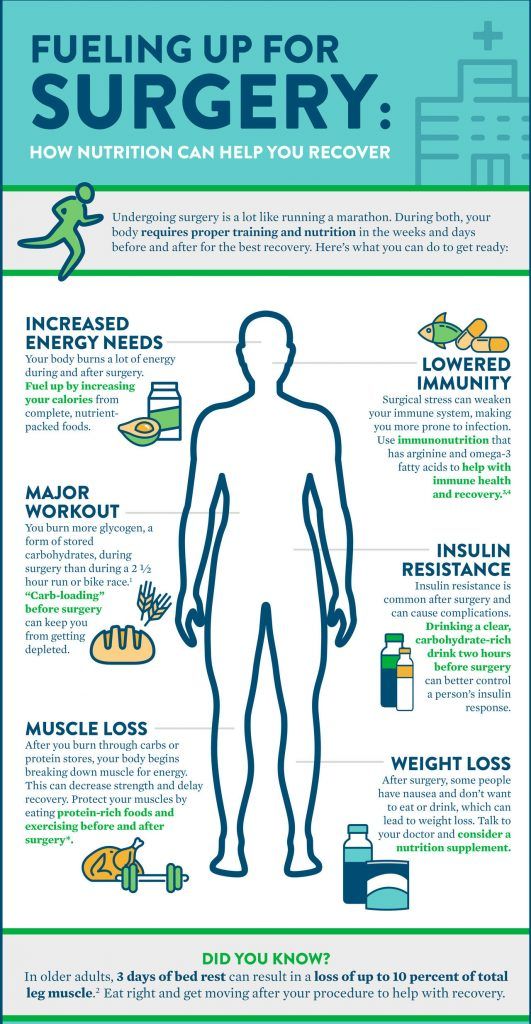 This is normal and usually lasts for a short time.
This is normal and usually lasts for a short time. - A child’s breathing may sound different after surgery. This is caused by the throat muscles being very relaxed and the child still being sleepy. Breathing should sound normal once they are fully awake.
Will My Child Be in Pain?
Your child's anesthesiologist will discuss pain control options with you before surgery. Sometimes, pain medicine is given to the patient before he or she leaves the operating room, which means the child may not be in discomfort when they wake up.
A child who is crying may not necessarily be in pain. Staff will assess your child for discomfort and will treat pain as quickly as possible. Crying may also be due to the child being in an unfamiliar environment.
Can I Visit My Child After Surgery?
Following surgery, children are the most comforted by having a familiar person with them. For this reason, our staff will make every effort to have you visit your child as soon as possible.
For this reason, our staff will make every effort to have you visit your child as soon as possible.
How Can I Help My Child?
- Hold your young child in your lap, if possible.
- Take your child or teenager’s hand and talk to them to help comfort and relax them.
- Hold and rock your infant, and use a pacifier to comfort him or her.
- Talk with the nurse if you think your child is having pain but not expressing it to the staff.
- Ask your doctor or nurse questions about the surgery or how to care for your child after surgery.
- Bring your child a familiar comfort item, such as a stuffed animal or blanket. Older children or teenagers may find music from home comforting.
- Encourage your child or teenager to verbalize his or her feelings to determine your child's level of comfort.
Pediatric Articles & News
Gluten-free guide to college: How celiac disease patients can prepare for a gluten-free lifestyle on campus
A Q&A with pediatric neurosurgeon Eric Thompson, MD
Poison prevention: What to know
What young athletes should eat before and after the game
Study shows instant noodles major cause of childhood scald injuries
How to pack a healthy school lunch
How dangerous is a measles outbreak?
Teen is seizure-free after microsurgery to repair cerebral cavernous malformations (CCMs)
Chicagoland Children’s Health Alliance Bariatric Clinic: a systematic approach to care
Staying active before and after surgery for pediatric patients
This information will help you learn how to help your child stay active before or after surgery. It also describes how Memorial Sloan Kettering (MSK’s Rehabilitation Services) can help your child.
It also describes how Memorial Sloan Kettering (MSK’s Rehabilitation Services) can help your child.
About MSK
rehabilitation servicesStaying active and moving is important for your child's growth and development. While in the hospital and unable to leave the room, your child's mobility (ability to move) and physical activity level may decrease. Because of this, your child may become weak and unlearn how to play or even lag behind in development.
MSK rehabilitation services can help your child recover from surgery. Rehabilitation services can also help your child cope better with daily activities. Rehabilitation therapists and/or physical therapists can work with your child after surgery if necessary. They will keep your child active and involved in various activities while in the hospital. Your child's participation in therapy is essential to recovery. It is also important to help the child during and after therapy sessions.
Occupational therapists
An occupational therapist (OT) works to help your child cope better with the important daily activities.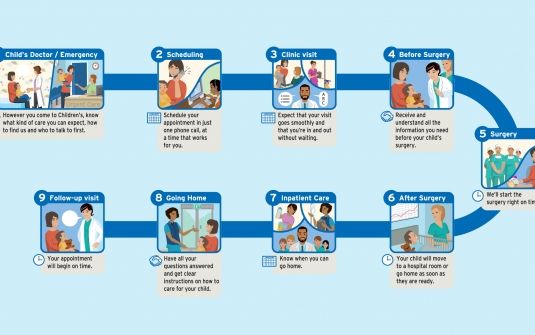 A rehabilitation therapist can help your child deal with problems with self-care (such as dressing or washing), playing activities, or learning or working skills (see Figure 1).
A rehabilitation therapist can help your child deal with problems with self-care (such as dressing or washing), playing activities, or learning or working skills (see Figure 1).
Figure 1 Working with a rehabilitation therapist
During the session, the rehabilitation therapist will do the following:
- Talk to your child about daily activities. Your child will be asked how they performed these activities before the operation.
- Test the strength, sensation and mobility of your child's fingers and hands.
- Ask a series of questions to see if your child can understand instructions, solve problems, concentrate and remember.
- See how your child performs daily activities, including how a child:
- gets into bed and gets up;
- puts on and takes off clothes;
- goes to and from the bathroom and how the child uses the bathroom;
- brushes his teeth;
- plays with toys.
Physical Therapists
Physical therapists (PT) work to improve a child's ability to move and perform certain activities after surgery. A physical therapist can help your child regain strength, balance, and coordination. This will help your child perform certain activities, such as walking, climbing stairs, and exercising (see Figure 2).
A physical therapist can help your child regain strength, balance, and coordination. This will help your child perform certain activities, such as walking, climbing stairs, and exercising (see Figure 2).
Figure 2 Working with a physiotherapist
During the session, the physiotherapist will do the following:
- Ask the child about the home and school environment. He will be asked about the problems that may occur during the movement.
- Measures the strength, balance, mobility and sensation of your child's arms and legs.
- Check your child's breathing and ability to cough.
- See how much help your child needs to do daily activities, including:
- go to bed and get up;
- Getting up from a chair
- go up and down stairs.
Helping your child prepare for surgery
- It is important that your child stay active before surgery. To do this, you can go for walks, exercise and daily activities as usual.

- Make sure your child follows a daily routine. This applies to self-care tasks such as bathing, brushing your teeth, and combing your hair.
- Gather everything you need to help your child follow a daily routine while in the hospital. This includes pajamas, clothes, shoes, and a toothbrush from home. You can also bring your child's favorite toys or games with you to help them calm down during their stay in the hospital.
- Bring special equipment or items that your child needs to move around during their hospital stay. This includes crutches, a walker, a wheelchair, or hand or foot orthoses. This will help the child move safely after surgery.
- Show your child the day of the operation on the calendar. Take a calendar with you to the hospital and use it to keep track of days after surgery.
- Tell your child that there may be an introduction to a rehabilitation therapist and/or physical therapist after surgery. Explain to your child what to expect.
 Tell your child that they will be helped out of bed to play, sit in a chair, or walk around.
Tell your child that they will be helped out of bed to play, sit in a chair, or walk around.
What to expect after surgery
Your child will have intravenous lines and medical tubes connected to them after surgery. Through them, drugs will be administered and fluids will be discharged. The rehabilitation therapist and/or physiotherapist will ensure that your child can safely move around and participate in therapy with IV lines and tubes in place.
If your child needs continuous oxygen therapy to help with breathing, a respiratory specialist and nurse will work with a rehabilitation therapist and physical therapist. Together they will provide the necessary support for your child during therapy.
back to top of pageHelp your child recover from surgery
Participate in physical therapy and rehabilitation therapy
Depending on your child's needs after surgery, physical therapy, rehabilitation therapy, or both may be scheduled.
A physical and/or rehabilitation therapist will work with your child to help:
- recover;
- move independently;
- relieve pain;
- improve breathing;
- cough up and remove secretions (mucus) from the lungs;
- increase concentration and improve the ability to follow instructions;
- perform daily activities;
- improve gaming skills;
- prepare to return home.
Keep your child engaged in activities
Anesthesia (a drug that makes the patient fall asleep during surgery), medications, and unfamiliar environments can make your child feel confused. The child may also have difficulty keeping track of time and location. Talk to your child about being in the hospital. Tell him the date and time of day. Tell him what the nurses, doctors and therapists will do in the room.
Raise window blinds and turn on room lights during daylight hours. Turn off the lights at night to maintain your child's normal sleep patterns.
Encourage your child to play and do things they enjoy, such as playing cards, reading, coloring pictures, or doing puzzles. It is best to do all this not in bed, but sitting in a chair, if possible.
Walking
It is important that your child walks after surgery. If your child is old enough to walk, it's a good idea to challenge him to walk every 2 hours. This will help prevent blood clots in your legs, build leg strength, and shorten your hospital stay. For 24 hours after surgery, nurses and/or therapists will help your child get in and out of bed.
Do deep breathing exercises
Figure 3. Using an incentive spirometer
Sometimes because of the incisions (surgical cuts) in the chest or abdomen (belly) of the child, deep breathing exercises after surgery can cause pain. To improve your child's breathing, the nurse and/or therapist will do deep breathing exercises with him. During this exercise, your child will blow bubbles and use an incentive spirometer (see Figure 3). An incentive spirometer helps expand your baby's lungs and prevent pneumonia (lung infection).
An incentive spirometer helps expand your baby's lungs and prevent pneumonia (lung infection).
For more information, ask your child's nurse for the resource How to use an incentive spirometer.
back to top of pageContact Information
If you have any questions about helping your child stay active before or after surgery, call MSK's Rehabilitation Service at 212-639-7833. You can contact them from Monday to Friday from 8:00 to 18:00.
back to top of pageHow to prepare a child for anesthesia K. A. Rauchfus
ON-LINE RECORD ON-LINE RECORD
PAID SERVICES +7 (812) 506‑06‑36
CALL CENTER +7 (812) 506‑06‑06
- Are you here:
- Main
- Expert opinion
- How to prepare a child for anesthesia
Vladimir Vladimirovich Kopylov, head of the department of anesthesiology and resuscitation, is talking about important aspects of the child's psychological preparation for the upcoming operation.
- Vladimir Vladimirovich, along with physical preparation for the upcoming operation and anesthesia, it is important for young patients to prepare psychologically. How can parents help them?
Children, just like adults, are afraid of something new, something they have never experienced before. Therefore, the state of the child depends on how the parents themselves behave, what they say to their child.
"First of all, children must understand that everything is done only for their own good."
It's good if parents use these words in conversation: "The doctor needs to fix something so that your body is healthy and beautiful.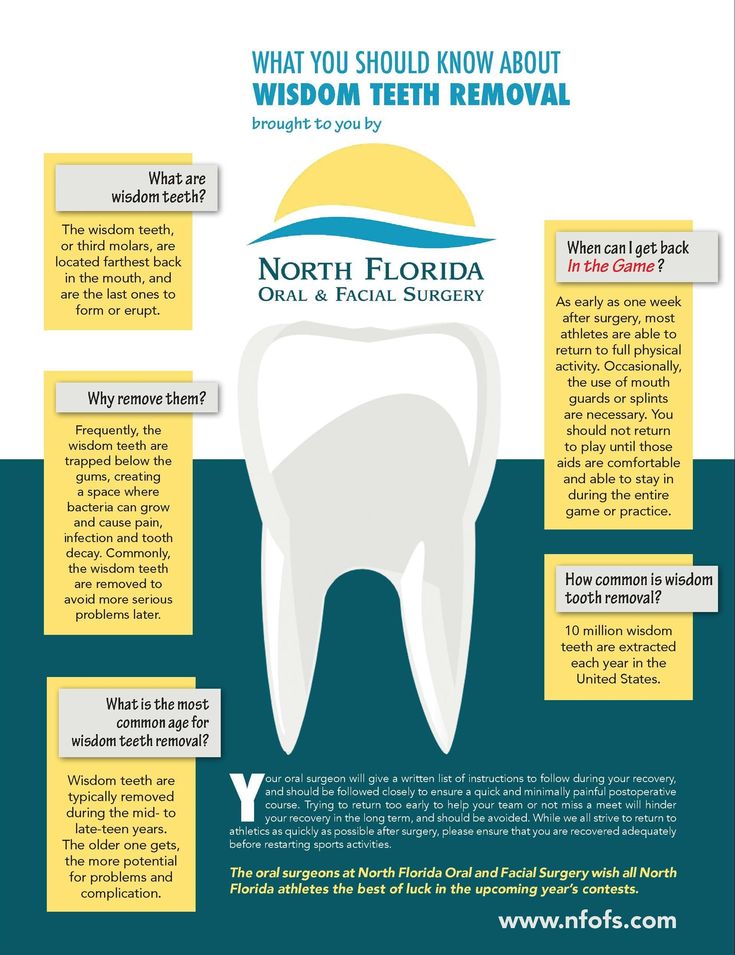 " Words should be chosen carefully. Some medical terms can scare a child. When talking about anesthesia with babies, it is better to use expressions such as “breathe the sweet air”, with older children, you can talk about “introduction to a special medical sleep”. It is important to choose positive words: “prick” instead of “needle”, “crib on wheels” instead of “wheelchair”, “fix” or “repair” instead of “cut off” or “remove”.
" Words should be chosen carefully. Some medical terms can scare a child. When talking about anesthesia with babies, it is better to use expressions such as “breathe the sweet air”, with older children, you can talk about “introduction to a special medical sleep”. It is important to choose positive words: “prick” instead of “needle”, “crib on wheels” instead of “wheelchair”, “fix” or “repair” instead of “cut off” or “remove”.
- Parents themselves often worry, if not panic, about the upcoming anesthesia.
When dealing with a child, it is very important to remain calm. Unlike adults, a small child does not know what an operation is and whether it is necessary to be afraid of it. They absorb all the worries with the anxiety of their parents. Recent studies have shown that reducing anxiety in parents helps reduce anxiety in children. The ideal psychological preparation of the child for the operation is that the parents themselves calmly and wisely relate to the upcoming process.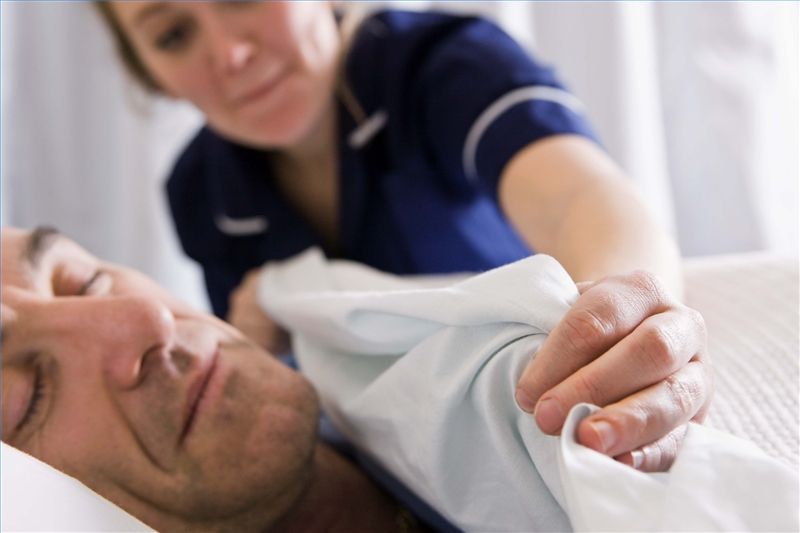 Your voice, facial expressions, gestures and body movements should inspire calmness and confidence in the child that everything will be fine. Ask relatives not to focus on what lies ahead for the child - even sympathetic sighs are useless to him.
Your voice, facial expressions, gestures and body movements should inspire calmness and confidence in the child that everything will be fine. Ask relatives not to focus on what lies ahead for the child - even sympathetic sighs are useless to him.
- What can help parents find peace themselves?
First of all, parents should trust the medical staff. Before an operation or manipulation, which is performed under anesthesia, parents and the child must meet with the anesthesiologist. These are top notch professionals. In order to obtain a certificate of an anesthesiologist in Russia, a doctor needs not only to obtain a diploma of higher medical education, but also to complete residency in the chosen specialty. The tasks of a specialist include not only the choice of drugs for anesthesia, but mainly ensuring the safety of life and comfortable conditions for the patient.
"During the operation, the anesthesiologist constantly monitors and controls all the vital functions of the body: respiration, blood circulation, metabolism.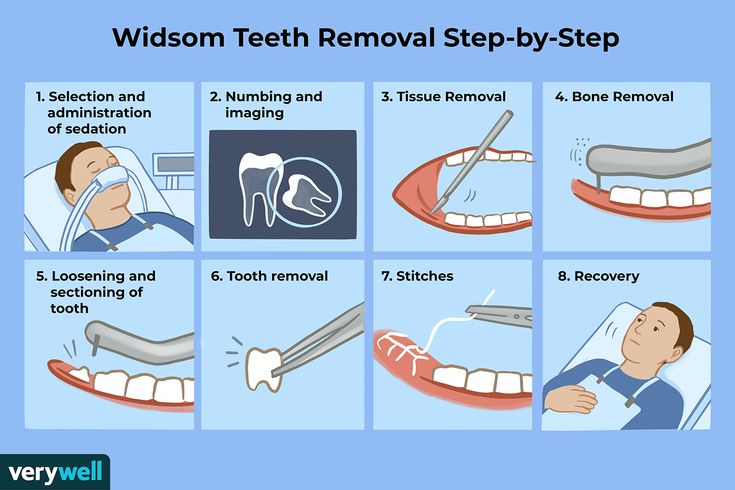 "
"
When talking with an anesthesiologist, it is important to answer all questions honestly and as accurately as possible. This will help the doctor determine the plan for the necessary anesthetic examination and the method of anesthesia that will minimize the risk during the proposed operation or manipulation. After assessing the degree of preparedness of the patient, the specialist will explain the features of the chosen technique and the rules for preparing for it.
- What questions should be discussed with the anesthesiologist?
Parents should understand that a doctor can and should ask questions! The anesthesiologist will tell you what drugs will be administered to the child, what will be required from the child during induction anesthesia, and what is its expected duration. The doctor will explain how long you can be with the child and how to behave after anesthesia in order to help the little patient recover as comfortably as possible, what restrictions the child should follow before and after the operation.
- Can parents express their wishes about the method of anesthesia?
Parents have the right to express their wishes. However, it is important to understand that no matter how unique the case of their child may seem to parents, something similar has already happened in the practice of an anesthesiologist. And if parents impose restrictions, they must be aware that every doctor is responsible for the health of the patient. This is his professional duty. Once again, communication with the doctor implies a high degree of trust in the competence of the anesthesiologist. The result of the conversation is always the signing of an informed consent by the legal representative of the child, in which the results of the conversation are recorded.
- The operation or manipulation is over, but the child's health is still far from desired. How can I explain to him what's going on?
The process of awakening after general anesthesia consists in a gradual return to spontaneous breathing, restoration of sensitivity.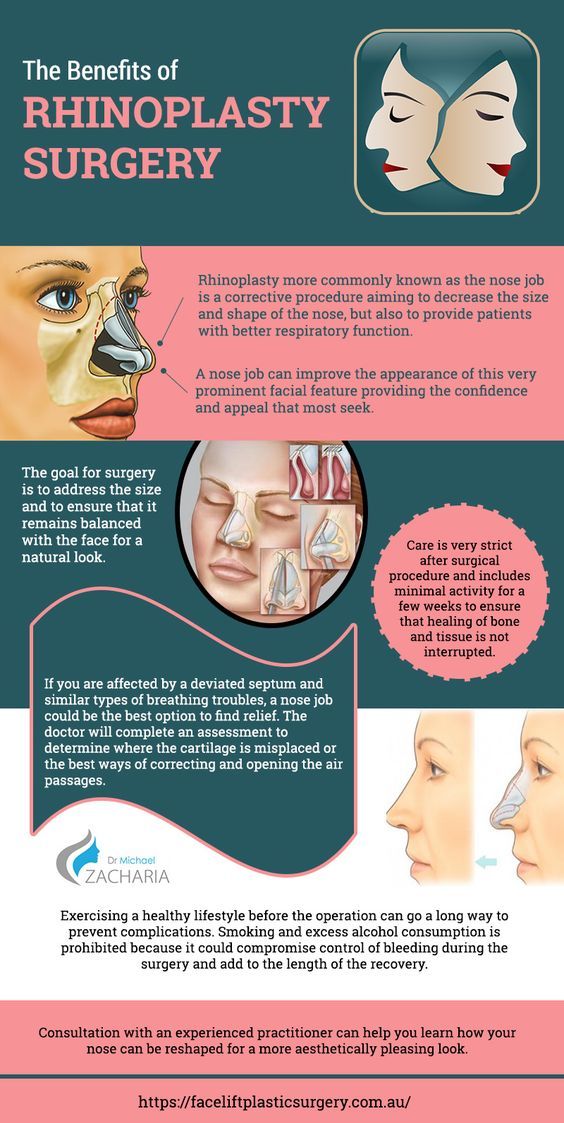 The anesthesiologist will try to make this process as comfortable as possible for the child. Often in the first time after the operation, the child remains in pain. Tell your child that if he experiences pain after the operation, he must tell the doctor about it. It is important that children understand that they do not need to play heroes after the operation, walk around with a “happy” face and hide their worries. Explain to the child what it is possible and necessary to tell the doctor about his complaints and experiences. The doctor will definitely listen to them and give the necessary medicine that will alleviate the condition.
The anesthesiologist will try to make this process as comfortable as possible for the child. Often in the first time after the operation, the child remains in pain. Tell your child that if he experiences pain after the operation, he must tell the doctor about it. It is important that children understand that they do not need to play heroes after the operation, walk around with a “happy” face and hide their worries. Explain to the child what it is possible and necessary to tell the doctor about his complaints and experiences. The doctor will definitely listen to them and give the necessary medicine that will alleviate the condition.
"The most important thing is the peace and love of parents."
When you return home, praise your child, say that you are proud of his courage and how he managed to overcome the situation.
In conclusion, I would like to repeat once again that children can and should be told about upcoming manipulations. But this should be done in a form accessible to them by age.
St. Petersburg State Budgetary Institution of Healthcare
"Children's City Multidisciplinary Clinical Center
high medical technology them. K. A. Raukhfus"
Station: Ligovsky pr., 8, around the clock
Consultative and diagnostic center:
Suvorovsky, pr., 4, Mon-Fri 9.00 - 20.00, Sat 10.00 - 14.00
List of documents required for emergency hospitalization:
2. Birth certificate or passport of the child (for children over 14 years old).
3. Passport of one of the parents or the passport of another legal representative (guardians, adoptive parents)
4. The presence of a notarized power of attorney from a legal representative for the right to sign documents and represent the interests of the child in medical institutions in his absence.
5. Compulsory medical insurance policy, or VHI if available
List of documents for planned hospitalization:
1. Referral for planned hospitalization from a polyclinic at the place of residence
2. Legal documents (paragraphs 2-5 above)
Legal documents (paragraphs 2-5 above)
3. Results of analyzes and certificates in accordance with the requirements of specialized departments
EXAMINATION UNDER ANESTHESIA (must be notified at the time of registration):
- Documents:
- Specialist referral (gastroenterologist/surgeon/pediatrician/family medicine doctor)
- ECG with interpretation
- X-ray or CT of lungs
- CBC + platelets + DC + VSC
- Biochemical blood test (ALT, bilirubin, total protein, K, Na, Ca)
- Urinalysis
- Hospitalization: 2 days in the hospital.
- Preparation for the study: carried out in a hospital.
EXAMINATION WITHOUT ANESTHESIA:
- Documents:
- Specialist referral (gastroenterologist/surgeon/pediatrician/family medicine doctor)
- Hospitalization: not required
- Preparation:
- Children under one year of age: forbidden to take food, water, drugs 5 hours before the study
- Children over 1 year of age: no food, water, drugs 10-12 hours before examination
- CAUTION! Patients with signs of acute respiratory infections are not allowed to study
Examination is performed under general anesthesia only.
- Documents:
- Specialist referral (gastroenterologist/surgeon/pediatrician/family medicine doctor)
- ECG with interpretation
- X-ray or CT of lungs
- CBC + platelets + DC + VSC
- Biochemical blood test (ALT, bilirubin, total protein, K, Na, Ca)
- Urinalysis
- Hospitalization: 3 days in the hospital.
- Preparation (carried out under the supervision of a physician):
- slag-free diet for two days (prescribed by the specialist who issued the referral for examination),
- bowel cleansing (carried out in a hospital, the method is determined by the doctor)
EXAMINATION UNDER ANESTHESIA (must be advised at time of appointment):
- Documents:
- Referral from specialist (pulmonologist/allergist/surgeon/pediatrician/family medicine doctor)
- ECG with interpretation
- X-ray or CT of lungs
- Hospitalization: 2 days in the hospital.



